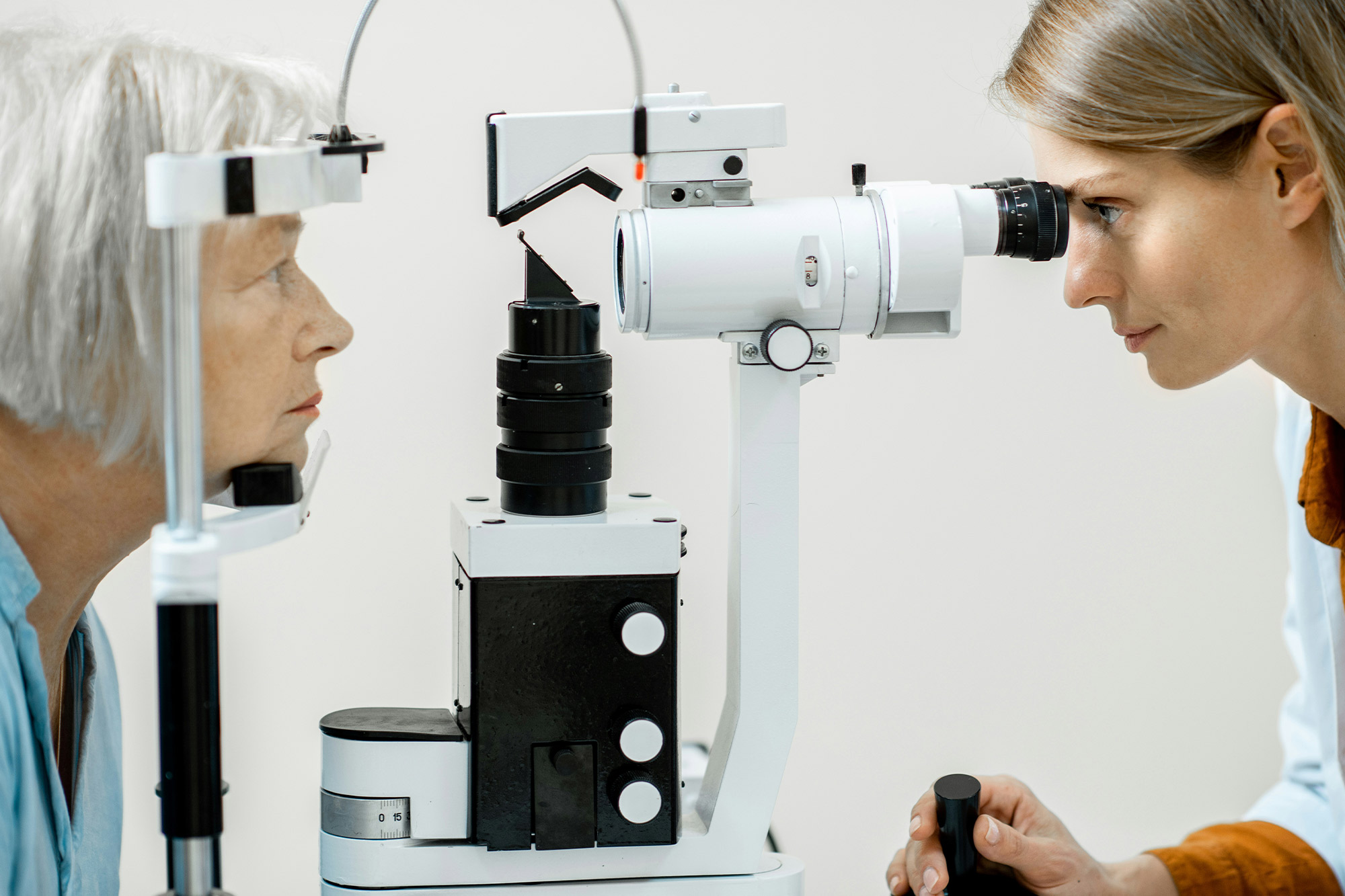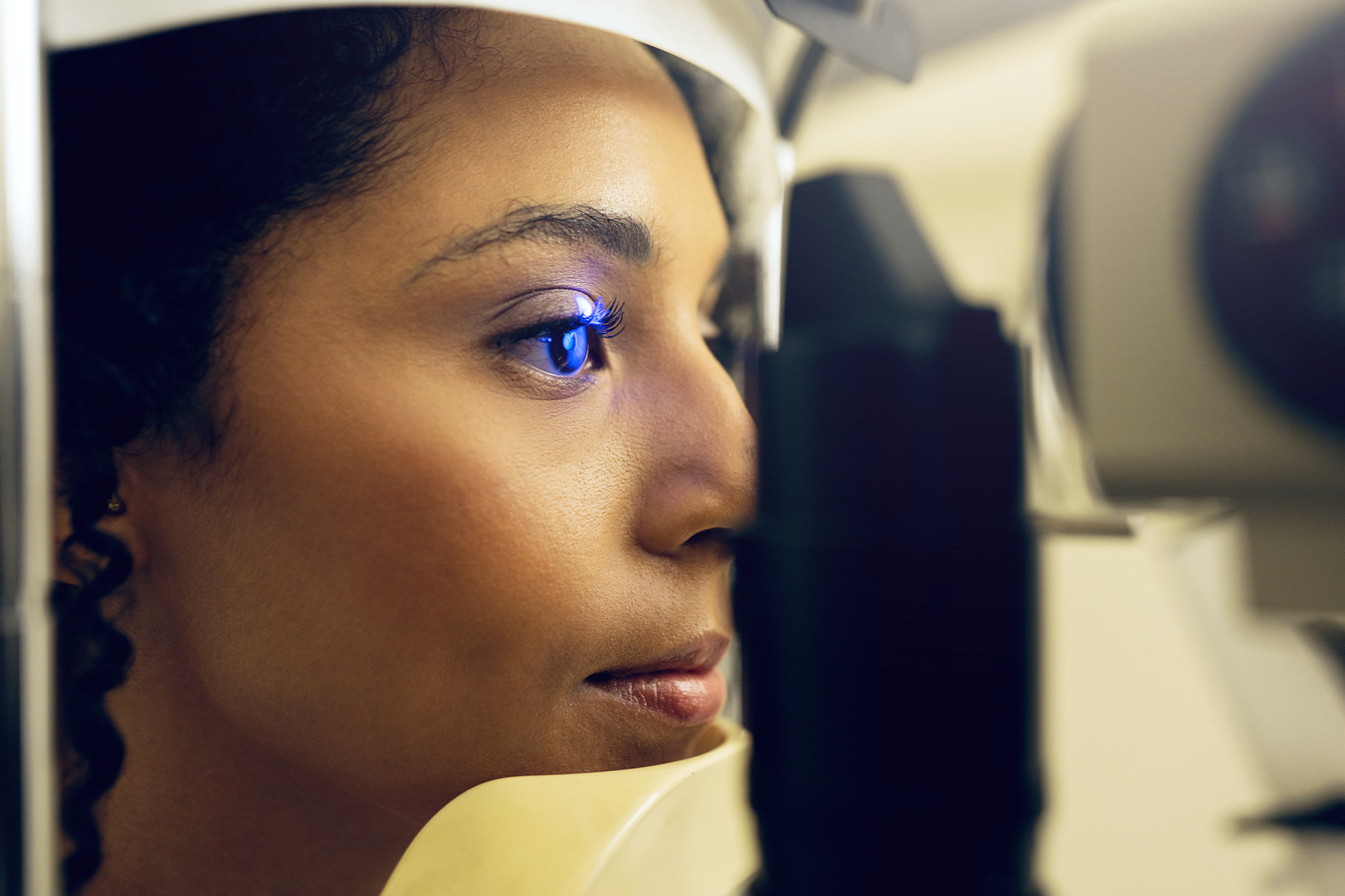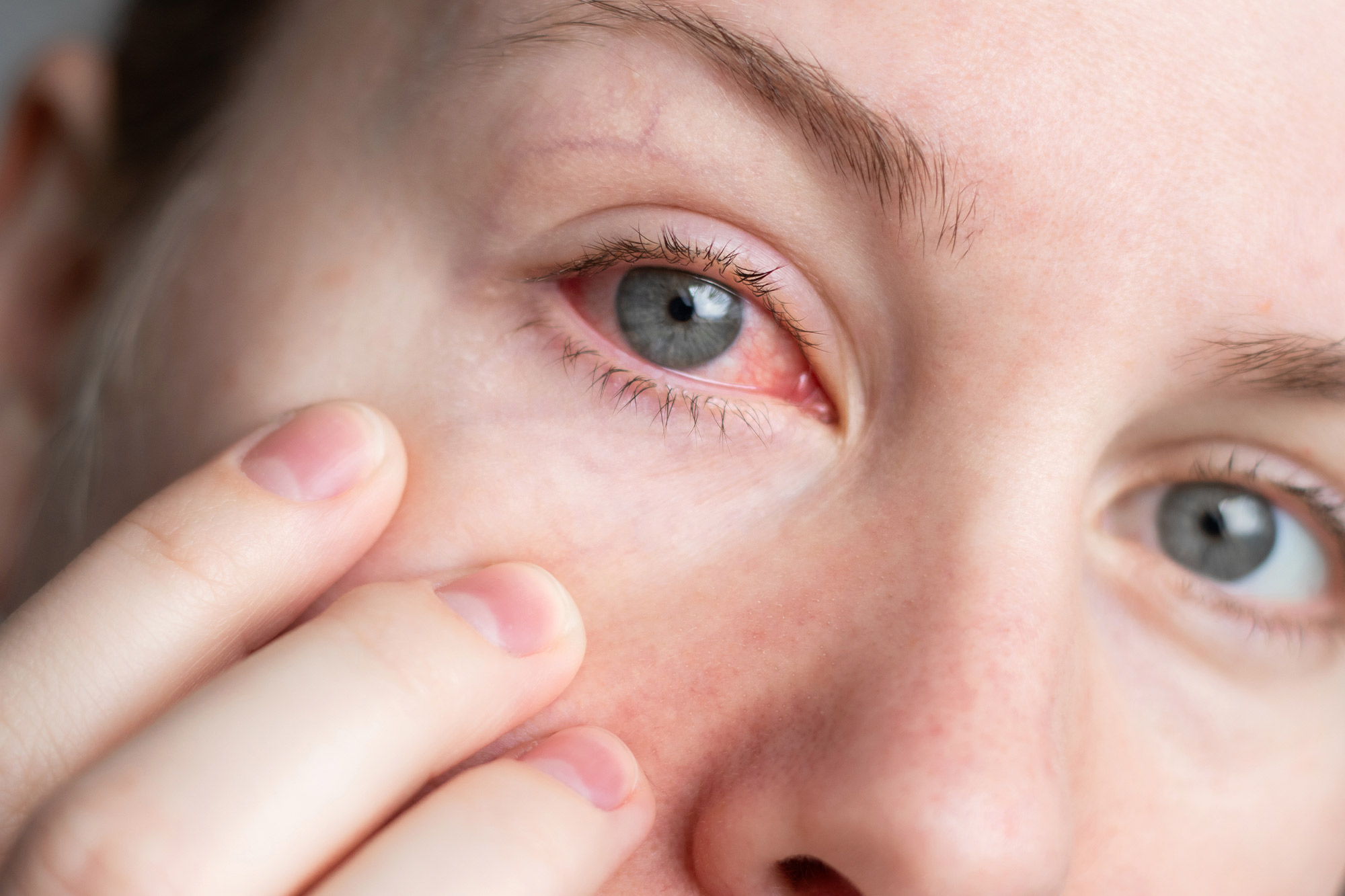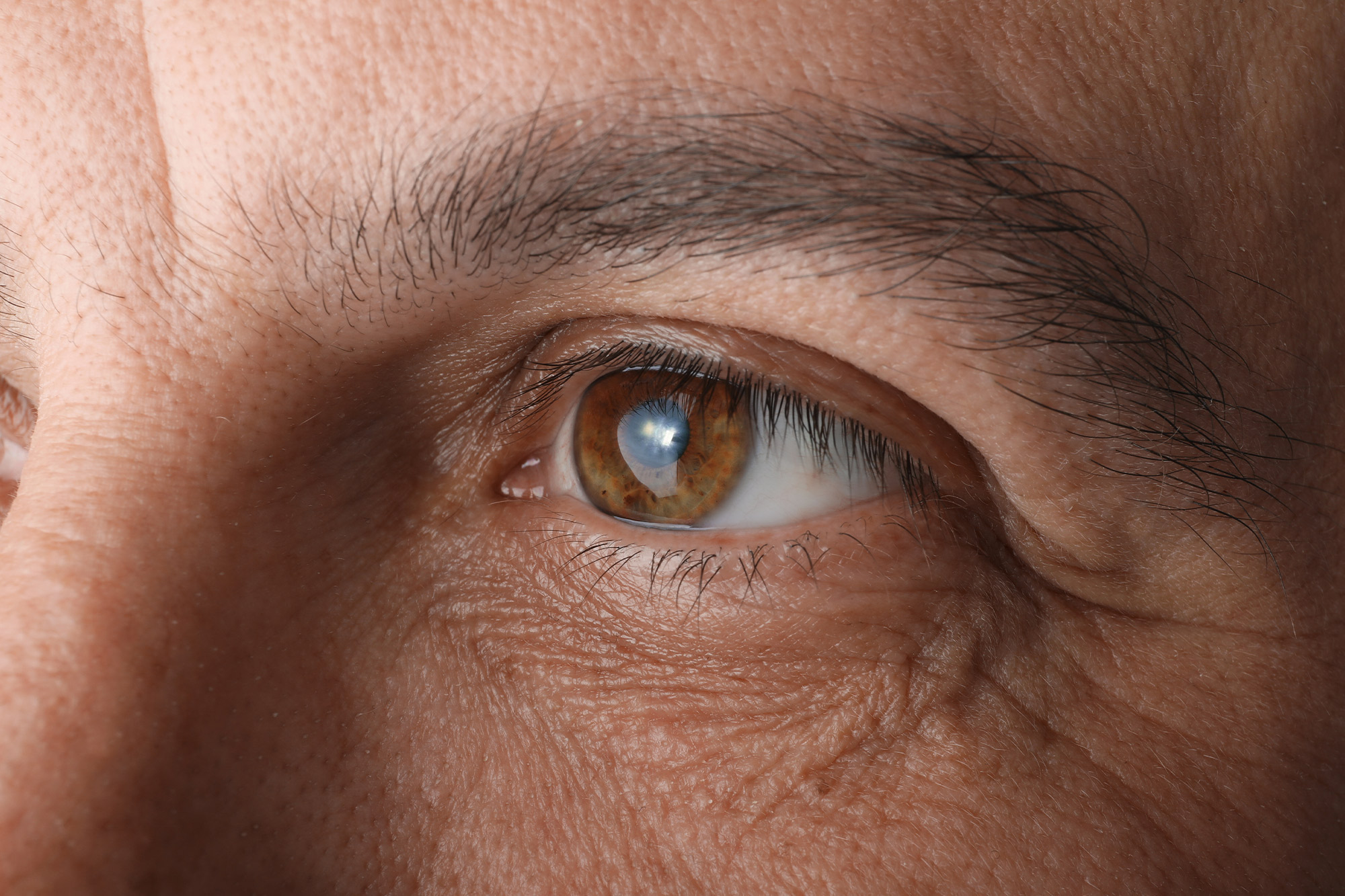How Often Should Seniors Get an Eye Exam?
Regular eye exams are essential for everyone, no matter how many birthdays you’ve celebrated. But once you pass the big six-oh, this becomes even more important.
Read More
Regular eye exams are essential for everyone, no matter how many birthdays you’ve celebrated. But once you pass the big six-oh, this becomes even more important.
Read More
Diabetes is a systemic condition, meaning it affects all parts of the body. This is especially relevant for eye health, with the term “diabetic eye disease” being used as an umbrella term to describe the various risks.
Read More
Itchy, red, scratchy eyes? It’s something that loads of people suffer from, but is it an allergy, or is it dry eyes?
Read More
The premium Clareon PanOptix Pro IOL (intraocular lens) has hit the market surrounded by hype.
Read More
Peripheral vision loss, also called tunnel vision or, simply, PVL, is when you lose the ability to see anything other than what’s immediately in front of you.
Read More
We’re all guilty of spending lots of time staring at a screen. Even if you’re not permanently attached to your cell phone, you’ll likely use a computer, laptop, tablet, or watch the TV regularly.
Read More